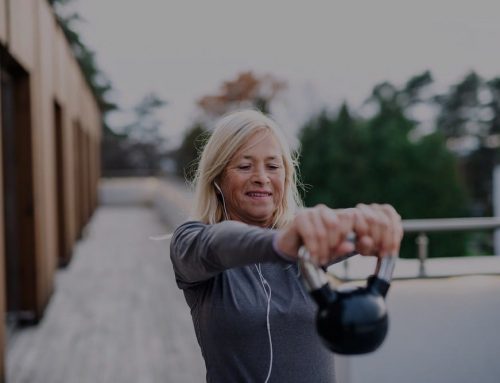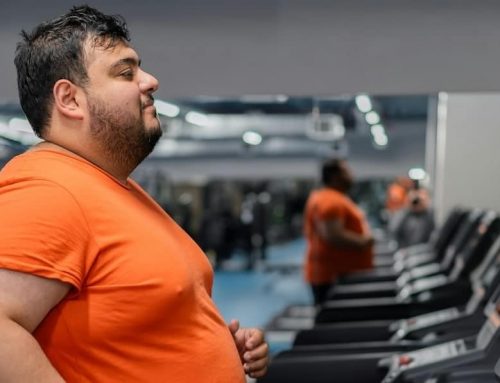
Shhhh..Your Body is Talking
Wellness Retreat Tip by Kathryn, Mindfulness Coordinator
What does it mean to listen to your body? You may have heard this phrase in a recent yoga class, doctor’s appointment, or a Unite Fitness Retreat lecture. We don’t really need to point out that our bodies don’t speak English, but some mindfulness practices make it sound like that’s what we should expect. If fluffy language has stopped you from starting your own body awareness journey, this is the article for you!
As children we learn slowly how to notice what our bodies are feeling. At first we are toddlers learning the difference between hot and cold, then we are kids telling our parents to pull over so we don’t have an accident. As adults though, things like stress, trauma, or sheer workload can leave us feeling less than connected to our own homeostasis. We might lose track of things like discomfort vs pain, hunger vs boredom, tiredness vs exhaustion, or lightheaded vs sleepy. In this post we will walk you through tips from trainers, meditators, and body awareness experts on how you can be more in tune with your vessel.
1. Five Senses Meditation
This meditation is simple, in fact you can follow along as you read, pausing to practice each step. You’ll start by naming 5 things you can see, then 4 things you can touch, 3 things you can hear, 2 things you can smell, and 1 thing you can taste. This might seem like an activity for children but truly it can be helpful no matter how many trips we have taken around the sun. This practice will give you the momentum to notice more and more subtle body sensations such as blood sugar levels, hormone shifts, air quality, or a migraine on the horizon.
2. Be a Good friend to your Body
Learning how to respond with empathy takes practice. We’ve all had the experience when we open up to a friend about some stress and they shame us. “Well maybe if you should have…” or “You’re just being dramatic…” In that same vein sometimes we talk to our bodies like WE are the dismissive friend. If we have a sore knee and say to ourselves, “well you should still be able to hike three miles”, we aren’t going to be able to find sustainable habits for health. We have to learn to listen to our bodies over our own expectations, the voice of an intense football coach from high school, or even the opinion of family members. When our bodies tell us what they need we can respond instead with curiosity, acceptance, and kindness.
Before moving on it’s important to note that these are “simple” tips about a very sensitive subject. Sometimes the information our body offers is confusing or even heartbreaking. Infertility, PTSD, chronic illness, addiction, injury, menopause, or abuse can leave us feeling hollow. This experience is so common that psychologists developed a clinical term. Feeling hollow, floaty, disconnected, or out-of-touch is also called “disassociation”. Although our staff are highly trained, this blog post is not meant to treat trauma recovery. Please seek the appropriate help if our tips don’t feel “simple” at all. If attending our wellness retreat, please seek support and guidance from our certified life-coaches.
Finally, there was a lovely article from the National Library of Medicine that celebrated the potential of this practice. They suggested that instead of focusing on “body awareness”, it would be more accurate to describe this journey as “self awareness”. “They emphasized that it is meant to include ‘every level… the physical, the breath, the mind, the personality and the emotions’…” In short, listening to our bodies can be the gateway to listening to all other parts of ourselves.
We are complex, beautiful creatures who deserve to be understood and nourished, especially by ourselves.







